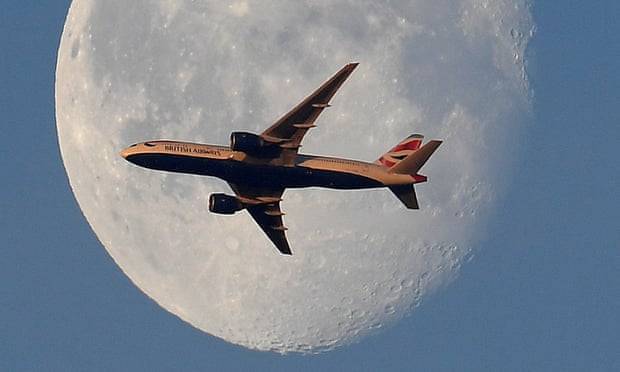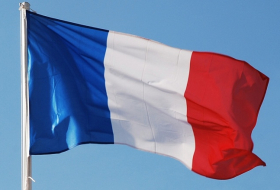Carriers are adding extra time to flight schedules, in some cases up to 30 minutes, to ensure they maintain punctuality and are therefore less likely to be liable for compensation payouts, the investigation by Which? Travel claimed.
The majority of flight routes are advertised as taking longer than 10 years ago, despite improvements in aircraft technology, the report found.
Researchers examined average flight times for 125 routes operated by large airlines in 2009 and compared them with last year. They found that 76 routes, 61%, were now slated to take longer; with 87% of British Airways flights analysed found to be slower. That proportion was 82% for Ryanair, 75% for Virgin Atlantic and 62% for easyJet.
BA flights from Heathrow to Bangkok, New York and Singapore were extended by 20 minutes, and a Virgin Atlantic flight from Heathrow to Newark Liberty airport, New Jersey, now takes an average of 35 minutes longer.
Rory Boland, Which? travel editor, said: “Passengers are likely to feel that schedule padding is another case of airlines pulling the wool over their eyes.
“Carriers are quick to claim that adding 10, 20 and even 30 minutes to flights will improve on-time performance. The accompanying slump in punctuality over recent years suggests it hasn’t helped much.
“Instead, longer scheduled flight times are likely to mean passengers spend more time sitting around at the gate or on the plane itself, just so the airline can pat itself on the back for being ‘on time’ at your destination.
“Conveniently, it could also reduce the number of instances when an airline has to pay you compensation for a flight delay.”
Keith Mason, professor of air transport management at Cranfield University, told Which? that airlines regularly adjusted scheduled flight times to give themselves some “wiggle room”.
“The problem for airlines is that if there’s any delay, then [there is] the knock-on effect through the rest of the flying programme that day,” he said.
Despite the changes in scheduling, some of Europe’s largest carriers have seen punctuality fall in recent years.
According to Which?, BA, easyJet and Ryanair were all less punctual last year than in 2009, with easyJet recording a 10% fall in punctuality during the eight-year period.
Airlines told the consumer magazine their aircraft were flying at slower speeds to reduce fuel consumption and that this allowed them to offer cheaper fares.
BA also told Which? that air traffic control congestion was a factor, with European skies now much busier than 10 years ago, while previous flight taxi times had been “too optimistic”.
European Union rules stipulate that passengers can claim up to €600 (£540) if their flights is delayed by more than three hours; however, airlines do not have to compensate travellers for circumstances outside their control, such as bad weather.
More about: #Flight-time
















































